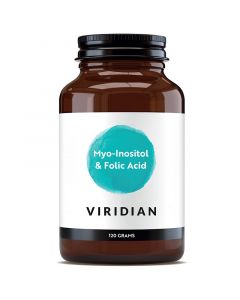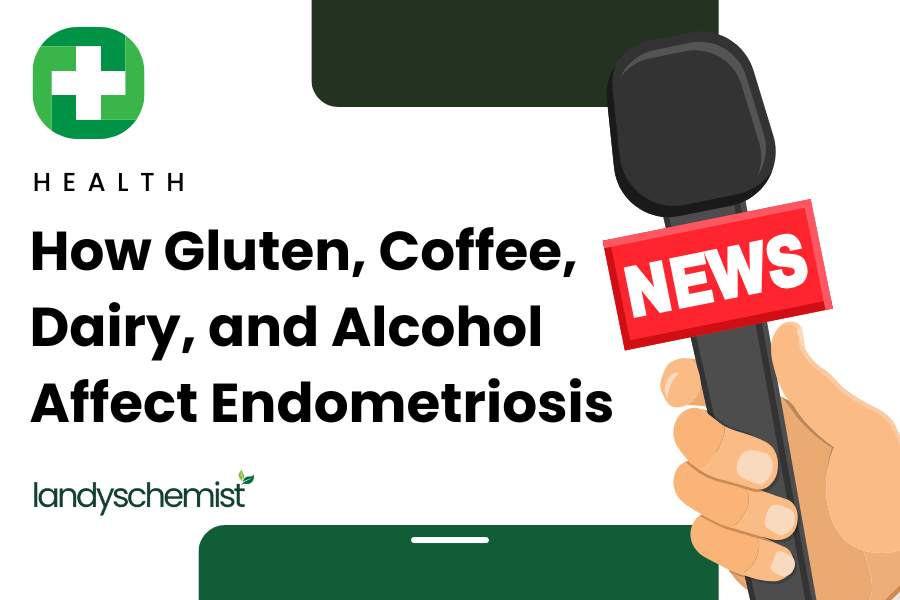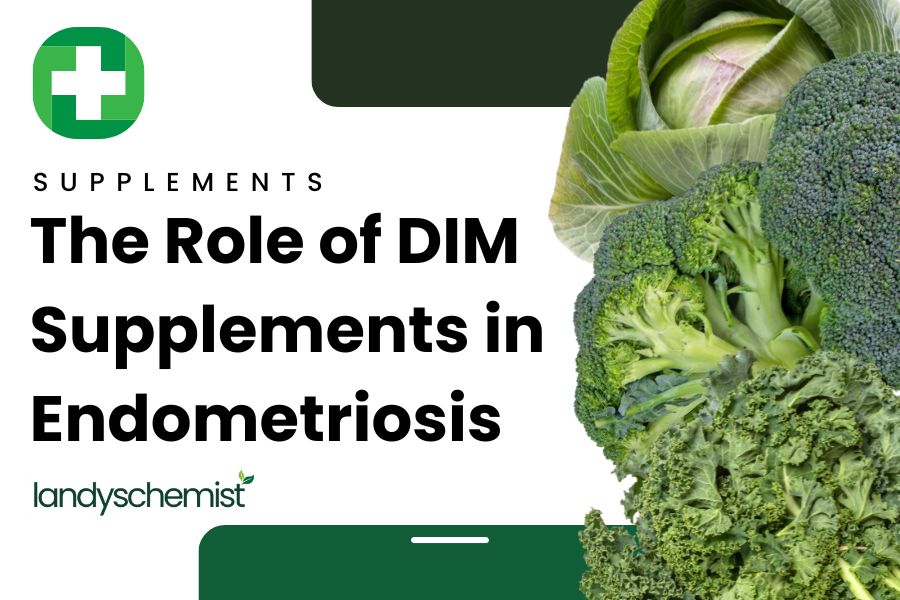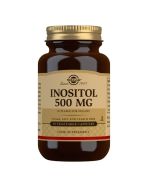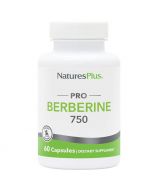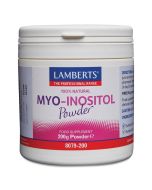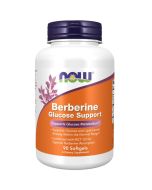
Berberine or Inositol for PCOS?
This blog explores Polycystic Ovary Syndrome (PCOS) and the challenges it poses, from hormonal imbalances to fertility issues. It delves into commonly prescribed medications such as metformin and the rising interest in natural supplements like inositol and berberine supplements for managing PCOS symptoms, particularly addressing insulin resistance and fertility concerns.
Read more: The Complete Guide To Berberine: Benefits, Uses, Side Effects, Dosage, Complications
What is PCOS?
Polycystic Ovary Syndrome (PCOS) is a common hormonal disorder among women of reproductive age, characterised by the presence of multiple small cysts on the ovaries. It is a complex condition involving an imbalance of reproductive hormones, which can lead to irregular menstrual cycles, ovarian cysts, and difficulties in conceiving.
Women with PCOS often experience symptoms such as excessive hair growth, fertility problems, acne, and weight gain, which are attributed to elevated levels of androgens, the so-called "male hormones” such as testosterone. Insulin resistance and inflammation are also common features of PCOS, contributing to its metabolic aspects.
Commonly prescribed medications for PCOS:
The treatment of PCOS centres on addressing your specific concerns, such as infertility, hirsutism, acne, or obesity. These treatments combine a range of lifestyle changes or the use of medications to effectively manage these issues. Some of the most commonly prescribed medications for women with PCOS are the contraceptive pill, clomiphene, metformin, letrozole, and gonadotropins.
However, many women have concerns with the medications not being effective enough at managing symptoms of PCOS and of their possible unknown potential side effects and long-term implications. Increasingly, women are in search of natural alternatives and supplements that could potentially replace these medications.
Inositol and berberine for treating PCOS:
Over the past few years Inositol, and more recently berberine, have both gained global popularity for their claims in treating a range of PCOS symptoms such as insulin resistance and elevated androgen (hormone) levels.
- Inositol: Inositol is a naturally occurring compound that belongs to the B-vitamin complex. It plays a crucial role in various cellular processes and is important for the proper functioning of neurotransmitters and insulin signalling in the body.
- Berberine: a bioactive compound derived from various plants, particularly in the Berberis genus. It is known for its medicinal properties and is used as a dietary supplement, recognised for its potential in managing conditions such as diabetes, cholesterol levels, and gastrointestinal issues.
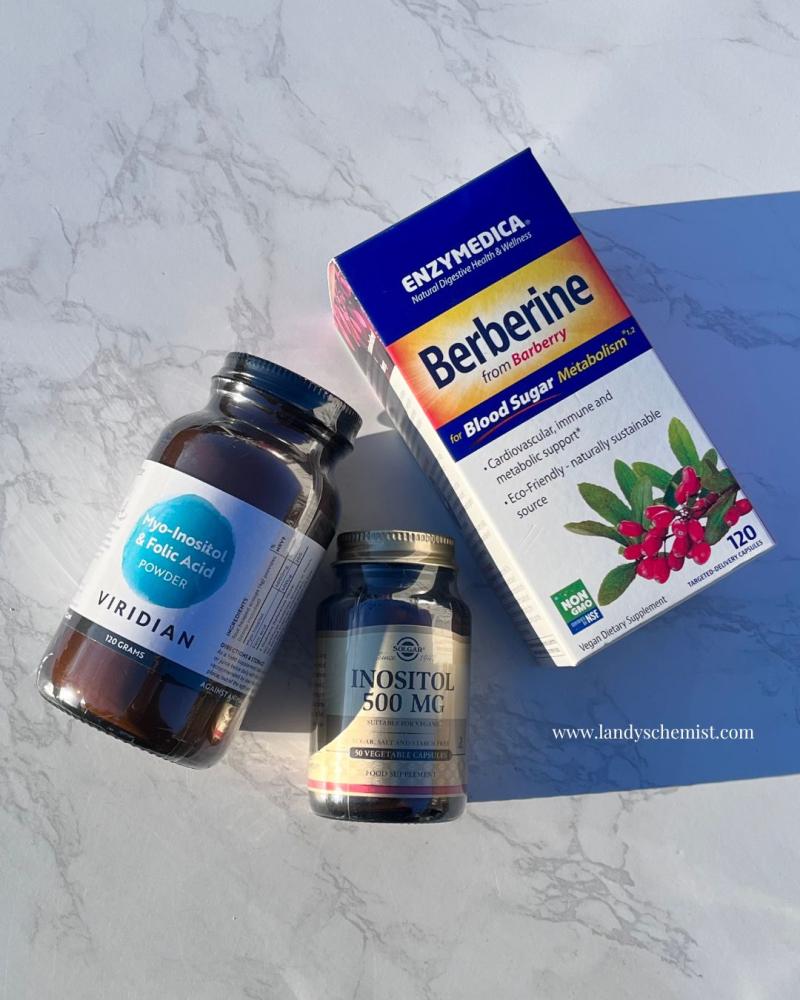
Treating Insulin Resistance and Fertility
Insulin has diverse effects on metabolism; however, in women with PCOS, there is a condition called insulin resistance, where the body's cells do not respond adequately to insulin. Insulin resistance is one of the most significant contributors to many PCOS symptoms such as persistent fatigue, heightened hunger, frequent urination, and unexplained weight gain, underscoring the consequences of this metabolic imbalance.
There are a number of supporting reviews and research proving that inositol has the potential to alleviate metabolic imbalances, menstrual/ovulatory, and hyperandrogenic features of PCOS such as excessive hair growth (hirsutism). For example, a systemic review found that inositol supplementation, significantly decreased Body Mass Index (BMI) scores in women with PCOS and other research supports its use for improving ovarian function and embryo quality. Claims surrounding berberine supplementation also highlight its potential to lower insulin resistance, improve ovarian function and fertility outcomes, encourage weight loss, and lower testosterone levels. A study by An Y et al (2014) found that berberine in comparison to metformin was able to lower BMI and increase live birth rates with fewer side effects in women with PCOS undergoing IVF treatment, but other reviews counteract these findings. The intake of berberine was able to improve some metabolism and hormonal symptoms of PCOS in a clinical study conducted on 89 women with PCOS insulin resistance.
This suggests that both berberine and inositol can have a positive impact on insulin resistance and fertility outcomes. However, research still remains sparse and needs more investigation on a wider scale to solidify these claims.
Treating High Cortisol and Androgen Levels
High androgen levels have been linked to irregular menstrual cycles, oily skin, weight gain, hirsutism, acne, and infertility in women with PCOS. Research conducted using either inositol or berberine supplementation support that they have the ability to influence hormone balance in women with PCOS. For example, a meta-analysis of 26 randomised controlled trials discovered that patients treated with inositol had a higher chance of a regular menstrual cycle compared to the placebo group.
Furthermore, berberine supplementation was able to reduce testosterone levels in women with PCOS, whilst myo-inositol has also been found to reduce serum testosterone and improve metabolic factors. A clinical study found myo-inositol significantly reduced hirsutism, but there is no strong evidence that berberine supplementation can do the same.
What is better for PCOS? Inositol or Berberine
Both supplements exhibit encouraging effects on pivotal PCOS symptoms, notably addressing insulin resistance and fertility issues. During 2023 we have noticed a notable surge in interest surrounding berberine supplements, although inositol has remained a popular choice among women with PCOS in recent years. When comparing berberine and inositol, the choice ultimately depends on what suits your body best. Although both have demonstrated positive outcomes, the effectiveness varies from person to person. Therefore, it is crucial for individuals to consult healthcare professionals and explore these options carefully, understanding that the ideal choice hinges on the unique response of their bodies to these supplements.
Should I take berberine or inositol instead of metformin?
Whilst studies have found that berberine may be superior to metformin and inositol has fewer side effects metformin, factors such as the body's unique response, underlying health conditions, and overall lifestyle factors play a crucial role. Additionally, the long-term effects of metformin and regular use of these supplements have not been studied comprehensively enough to fully understand their impact over time.
We do not recommend taking both supplements with metformin. Typically, people choose either berberine or inositol to take with metformin. It is important to speak to your doctor about taking these supplements with metformin as underlying health concerns and side effects are important to discuss.
Recommended Supplements:
Enzymedica Berberine Capsules
The recommended berberine dosage for PCOS is 900mg-1500mg. These Enzymedica Berberine Capsules provide a convenient and reliable way to incorporate berberine into your daily routine to manage conditions like PCOS, insulin resistance, and hormonal imbalances.
- Vegan
- Non-GMO
- 500mg per capsule
Viridian Myo-Inositol and Folic Acid
We recommend Viridian Myo-Inositol and Folic Acid Powder due to the extensive research supporting the effectiveness of myo-inositol in managing various PCOS symptoms. Myo-inositol, a form of inositol, has shown promising results in addressing insulin resistance, hormonal imbalances, and menstrual irregularities associated with PCOS. This combination product, which also includes folic acid, is particularly valuable for women with PCOS seeking to enhance fertility. Folic acid, a B-vitamin, is well-known for its role in foetal development and preventing birth defects. When combined with myo-inositol, it can support reproductive health by promoting regular ovulation and improving the quality of eggs, increasing the chances of successful conception.
- Vegan
- 100% active ingredients
- 1000mg per serving
Our References:
- https://www.ncbi.nlm.nih.gov/pmc/articles/PMC5040057/
- https://www.ncbi.nlm.nih.gov/books/NBK470417/
- https://www.ncbi.nlm.nih.gov/pmc/articles/PMC9159559/
- https://reproductive-health-journal.biomedcentral.com/articles/10.1186/s12978-021-01073-3
- https://pubmed.ncbi.nlm.nih.gov/17039468/
- https://pubmed.ncbi.nlm.nih.gov/23869585/
- https://pubmed.ncbi.nlm.nih.gov/27510481/
- https://www.ncbi.nlm.nih.gov/pmc/articles/PMC8826298/
- https://www.ncbi.nlm.nih.gov/pmc/articles/PMC6930782/
- https://pubmed.ncbi.nlm.nih.gov/22019891/
- https://pubmed.ncbi.nlm.nih.gov/19499845/
- https://pubmed.ncbi.nlm.nih.gov/18854115/
- https://rbej.biomedcentral.com/articles/10.1186/s12958-023-01055-z
- https://www.scirp.org/journal/paperinformation.aspx?paperid=113351#
Rhysa Phommachanh

